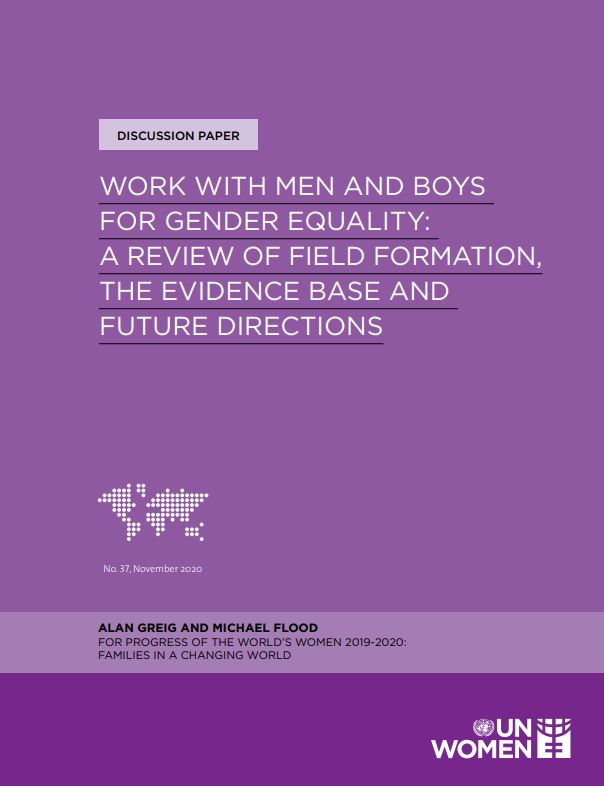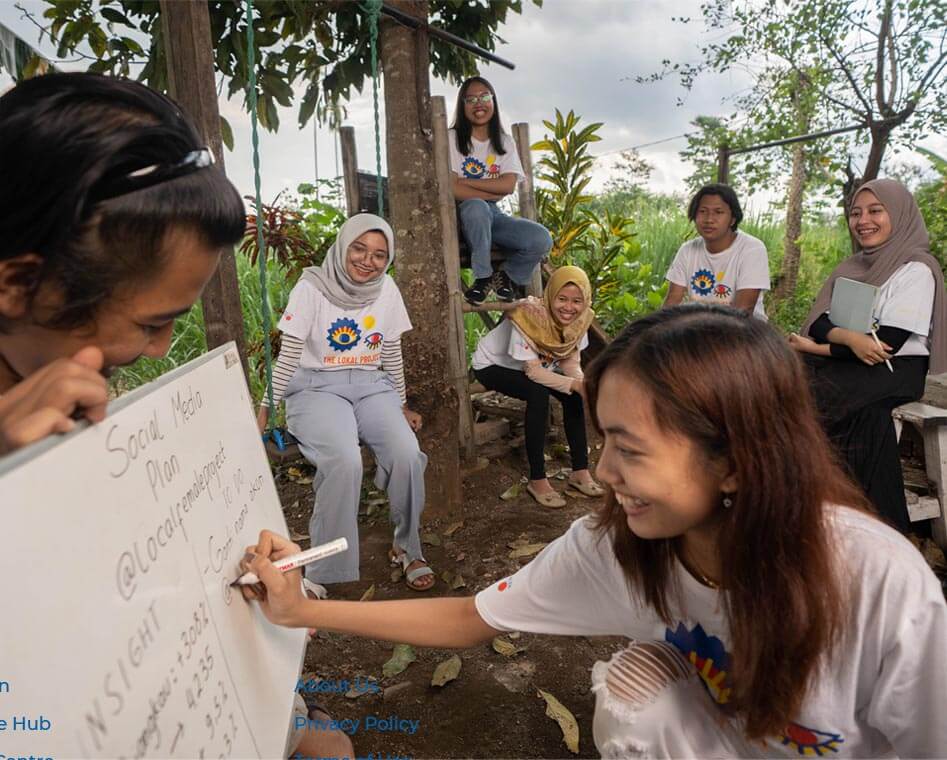
Work with Men and Boys for Gender Equality: A Review of Field Formation, the Evidence Base and Future Directions
Publication Date: October 18, 2024
Total Pages: 69
Organization: UN Women
Languages: English
Country/Region: Global
Topic Area: Gender Mainstreaming, Gender equality and women’s empowerment
Resource Type: Policy Papers
Abstract
Any assessment of the evidence for gender transformative work with men and boys should consider the
conditions that have shaped the emergence of this work. Male-focused gender transformative work has a
history, or rather histories. Reviewing its evidence base in light of the forces and factors which have informed its emergence over time enriches our understanding of both the findings from, and the silences within, this body of work.
This paper assesses the evidence base of the “men for gender equality” field in light of three aspects of its
emergence as a field, namely: its un-interrogated use of the category of “men,” its recourse to social psychological accounts of gender norms and the implications of its NGO form for its ability to collaborate with and be accountable to resurgent intersectional feminist mobilizations. There is a longstanding critique, both within and of the “men for gender equality” field, that its work remains too focused on the individual, and ‘his’ attitudinal and behavioral change. This paper argues that organizing the “men for gender equality” field around the category of “men” and the problem of “norms of masculinity” has militated against analyses of structural power and social change. The universalist claim of the category “men” has tended to domesticate the paradigm for gender transformative change, foregrounding men’s masculinity as the problem (with its individualizing emphasis on male identities and men’s behaviors) and subsuming under masculinity the multiple relations of power within which men are positioned (with its homogenizing erasure of men’s differing material interests in social change.)

